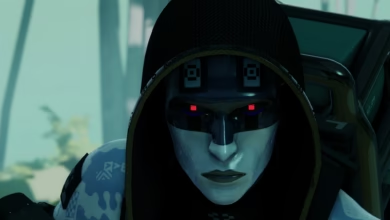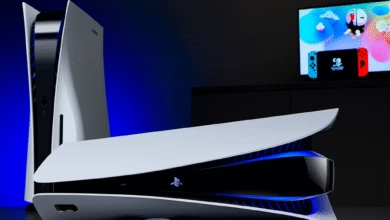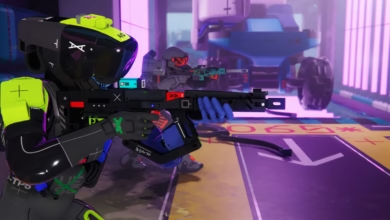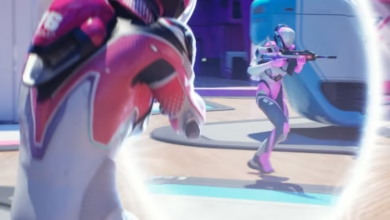FBC: Firebreak Felt Like a Second Job – Here’s Why
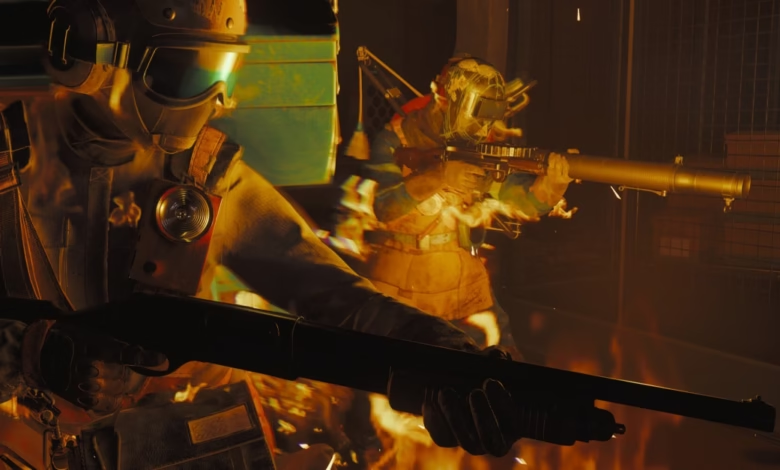
▼ Summary
– FBC: Firebreak satirizes corporate life with humorous elements like sticky notes that can kill players, but repetitive gameplay makes the novelty wear off quickly.
– The game lacks storytelling and connection to Control’s universe, focusing entirely on repetitive tasks like fighting Hiss and clearing hazards.
– Initial enjoyment fades due to static live-service mechanics, grinding, and a lack of meaningful progression or variety in missions.
– Job kits offer minor gameplay variations but feel inessential, and enemy types are limited, reducing strategic depth.
– Upgrades and perks are mostly generic, and the grind-heavy progression system feels tedious without rewarding incentives.
FBC: Firebreak transforms mundane office tasks into a bizarre multiplayer experience, but its live-service structure quickly turns novelty into monotony. What begins as a clever satire of corporate drudgery soon reveals itself as a repetitive grind, lacking the depth needed to sustain long-term engagement.
The game drops players into the shoes of cleaners battling the Hiss within The Oldest House, Control’s surreal bureaucratic labyrinth. Early moments shine with absurd humor, like frantically destroying soul-sucking sticky notes or harvesting pearls from radioactive leeches. These quirky objectives feel fresh initially, especially when played cooperatively. Yet the charm fades fast when you realize the entire experience revolves around recycling the same handful of missions with minimal variation.
Three job kits offer slight gameplay differentiation, but their impact feels superficial. Whether wielding a wrench, water-based splash tool, or electrical jump device, missions play out nearly identically. Without meaningful specialization, teamwork becomes optional rather than essential. Quick-time events pad out tasks unnecessarily, turning what should be tense moments into tedious button-mashing sessions.
Enemy encounters suffer from similar repetition. The Hiss, mostly generic zombie-like foes, rarely demand strategic thinking. Even “powerful” variants simply boast extra health rather than unique behaviors. Higher difficulty levels introduce minor twists, like sticky-note monsters, but these fail to shake up the formula. Compared to titles like Left 4 Dead, where enemy placement and abilities create dynamic challenges, Firebreak’s combat feels static and uninspired.
Progression compounds these issues. Unlocking perks and upgrades requires excessive grinding, with meager point rewards forcing players to replay identical missions for hours. While some upgrades lean into Remedy’s signature weirdness (like sprinting faster while on fire), most are generic stat boosts. Worse, weapon improvements are locked behind arbitrary milestones, forcing players to waste points on unwanted cosmetics first.
The game’s strongest aspects, its dark humor and surreal aesthetic, can’t compensate for its shallow design. Without narrative hooks or evolving objectives, Firebreak struggles to justify its live-service framework. Future updates could address these flaws, but at launch, it feels less like an engaging adventure and more like a second job you’d rather quit. Short play sessions help mitigate burnout, though even then, the novelty wears thin far too quickly.
For fans of Control’s world, Firebreak offers fleeting amusement. Yet its repetitive missions, lackluster progression, and missed opportunities for deeper teamwork make it hard to recommend as anything more than a curious experiment, one that ultimately falls short of its potential.
(Source: POLYGON)
